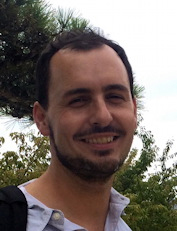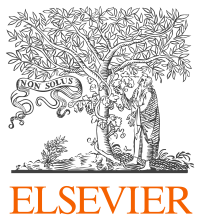 Before we present this week’s Weekend Reads, a question: Do you enjoy our weekly roundup? If so, we could really use your help. Would you consider a tax-deductible donation to support Weekend Reads, and our daily work? Thanks in advance.
Before we present this week’s Weekend Reads, a question: Do you enjoy our weekly roundup? If so, we could really use your help. Would you consider a tax-deductible donation to support Weekend Reads, and our daily work? Thanks in advance.
The week at Retraction featured a paper by Kim Kardashian, four retractions for an author who lied about his identity, and a story about the “Journals Mafia” that we’re still not sure what to make of. Here’s what was happening elsewhere: Continue reading Weekend reads: Ghostwritten thesis apps; discriminatory authorship rules; group up to 14 retractions

 An author who has published four articles about the alleged risks of vaccines — but who lied about his name and claimed an affiliation with the Karolinska Institutet — has lost one of the papers. He will also lose three more, Retraction Watch has learned.
An author who has published four articles about the alleged risks of vaccines — but who lied about his name and claimed an affiliation with the Karolinska Institutet — has lost one of the papers. He will also lose three more, Retraction Watch has learned. Before we present this week’s Weekend Reads, a question: Do you enjoy our weekly roundup? If so, we could really use your help. Would you consider a
Before we present this week’s Weekend Reads, a question: Do you enjoy our weekly roundup? If so, we could really use your help. Would you consider a  In 2012, investigations found that researcher
In 2012, investigations found that researcher 